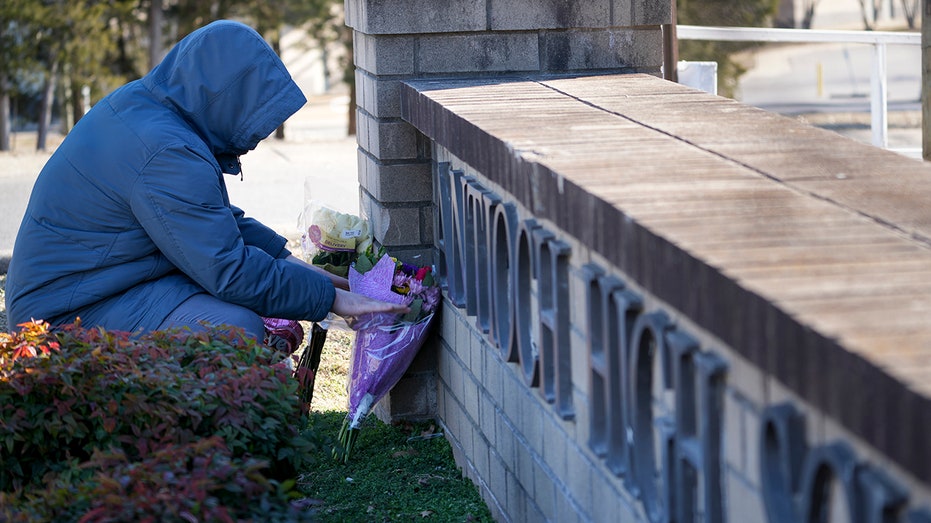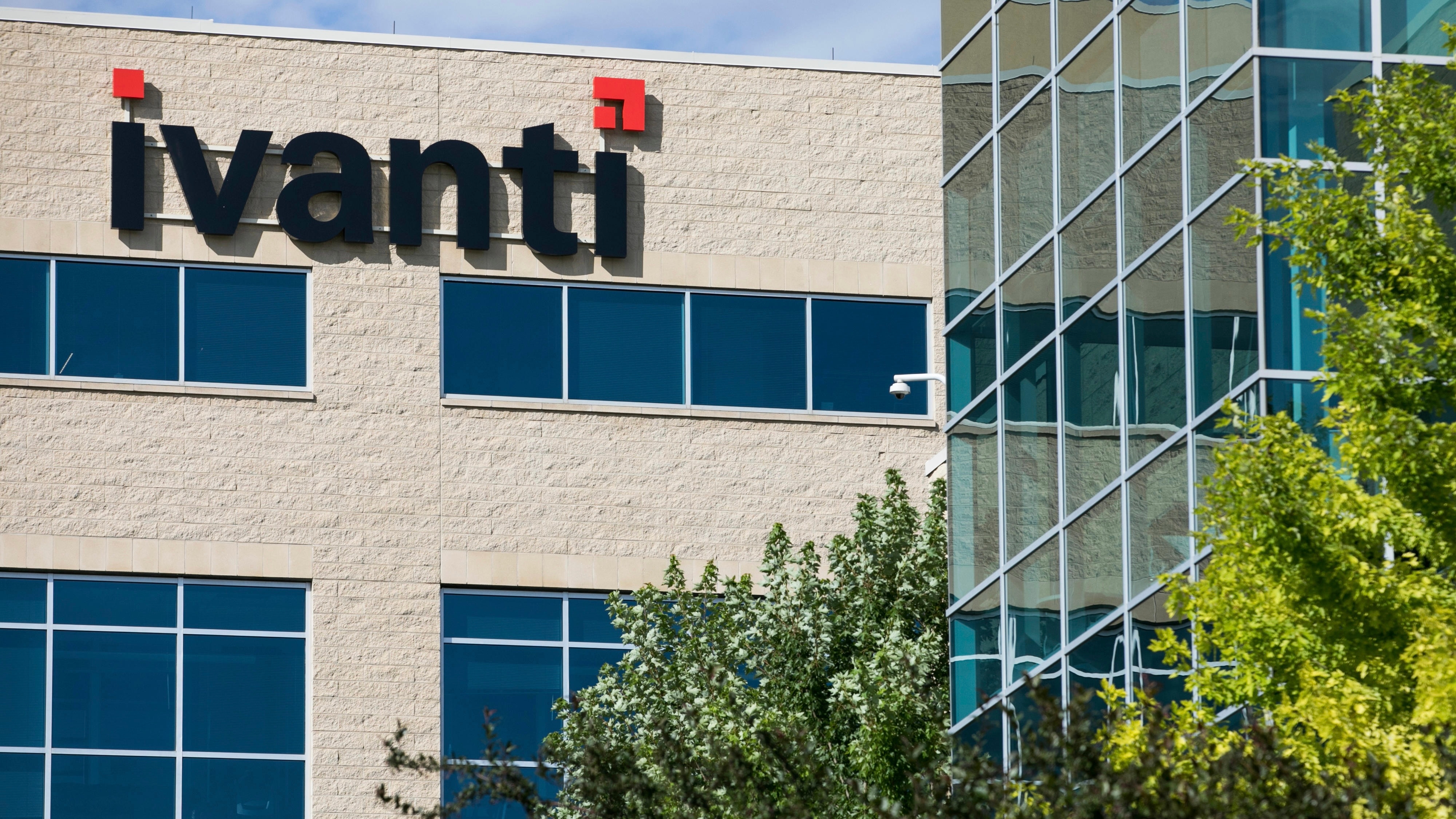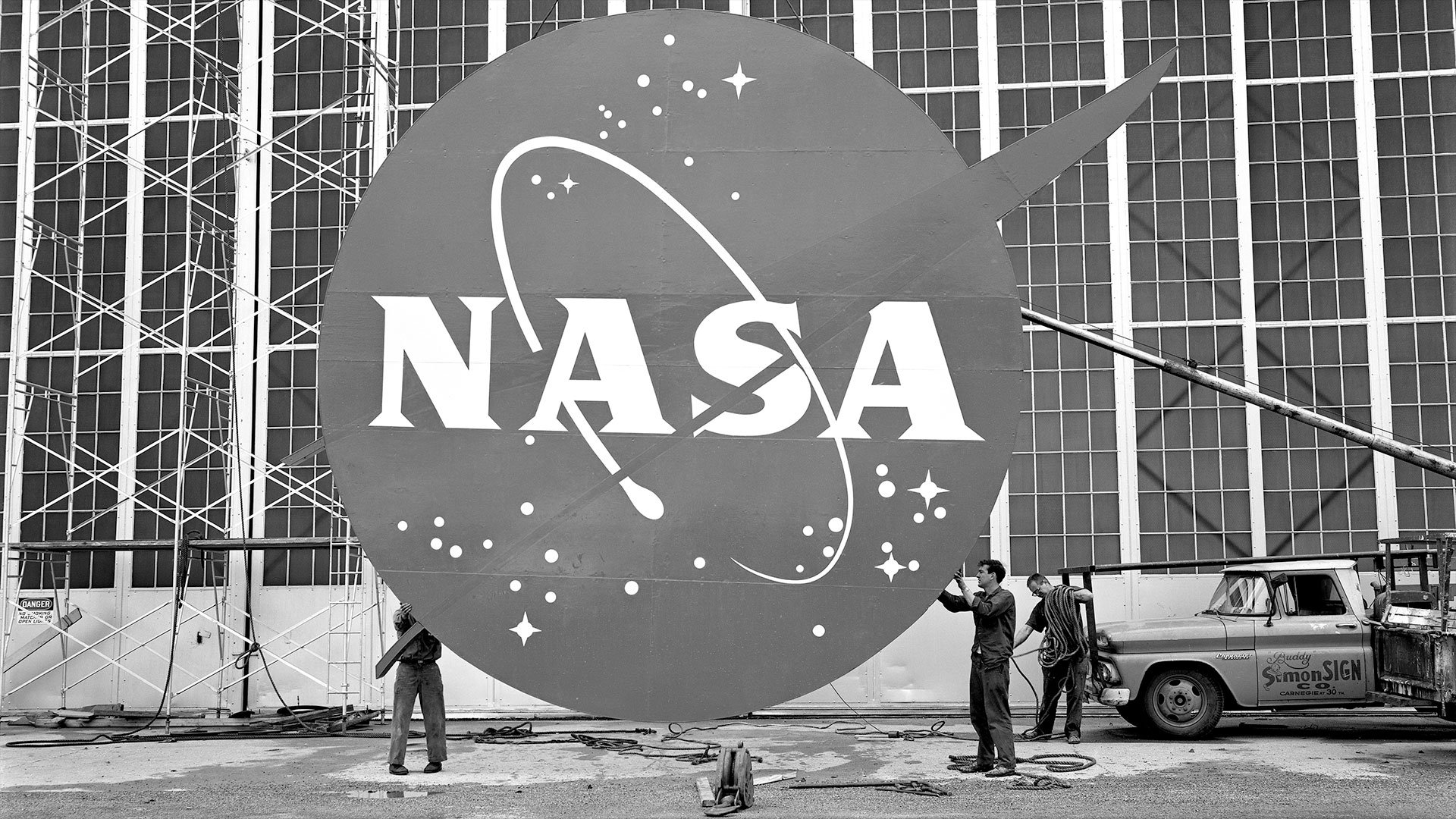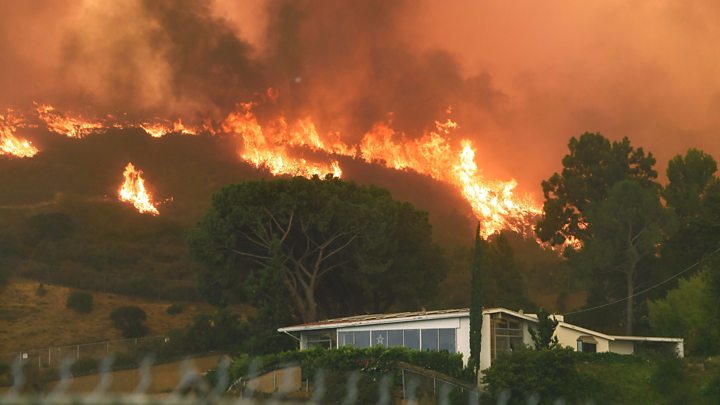Harvard resolves claims of creating an anti-Semitic atmosphere, agrees to make changes
The Brandeis center has announced a settlement in its civil lawsuit against Harvard University for allowing the creation of an anti-Semitic atmosphere, and Harvard will make some changes. The deal is announced by the Center, and you can see the announcement by clicking below: Harvard, of course, has admitted to neither wrongdoing nor liability; I … Continue reading Harvard resolves claims of creating an anti-Semitic atmosphere, agrees to make changes

The Brandeis center has announced a settlement in its civil lawsuit against Harvard University for allowing the creation of an anti-Semitic atmosphere, and Harvard will make some changes. The deal is announced by the Center, and you can see the announcement by clicking below:
Harvard, of course, has admitted to neither wrongdoing nor liability; I suppose it’s just making these changes because it’s the right thing to do. LOL!
From CNN:
One day after the inauguration of President Donald Trump, who has said he would “remove the Jew haters” if reelected, Harvard University has settled two lawsuits accusing the Ivy League school of failing to protect Jewish students from antisemitic bullying and harassment on campus.
In the settlement with the Louis D. Brandeis Center for Human Rights Under Law, Jewish Americans for Fairness in Education, and Students Against Antisemitism — a group of six Jewish students — Harvard agreed to make several changes to how it addresses antisemitism on campus.
Among them is adopting the International Holocaust Remembrance Alliance definition of antisemitism when reviewing complaints of antisemitic discrimination and harassment and posting a document online that clarifies people who identify as Jewish and Israeli are covered by the school’s non-discrimination and anti-bullying policies.
Additionally, the school agreed to draft an annual report for the next five years that details its response to discrimination and harassment; hire a point person to consult with on all complaints of antisemitism, and provide training on combating antisemitism for staff who review the complaints.
“Today’s settlement reflects Harvard’s enduring commitment to ensuring our Jewish students, faculty, and staff are embraced, respected, and supported,” a Harvard University spokesperson said in a statement. “We will continue to strengthen our policies, systems, and operations to combat anti-Semitism and all forms of hate and ensure all members of the Harvard community have the support they need to pursue their academic, research and professional work and feel they belong on our campus and in our classrooms.”
Harvard has come under fire in the past year for how it addresses antisemitic bullying on campus. Much of the criticism and complaints from students and faculty stemmed from the protests and vandalism on campus following the October 7, 2023, Hamas attack on Israel.
Last year, Harvard received a failing grade from the Jewish civil rights advocacy group Anti-Defamation League for its policies to protect Jewish students from antisemitism on campus.
It also has the lowest Free Speech rating from FIRE among all 251 schools. The two others right above it also have ratings of “abysmal”: NYU and Columbia, and both are, as I recall, subject to similar Title VI lawsuits.
I have no idea whether this settlement has anything to do with Trump’s threats, nor do I much care; I suspect, though, that a settlement was in the works before Trump was inaugurated. Harvard has not looked good after Claudine Gay stepped down on January 2, 2024, plagued by accusations not just of personal plagiarism, but of Harvard hypocrisy in how it dealt with speech.
At any rate, the IHRA definition of antisemitism is so tame that I don’t know why it’s even controversial. Here it is from their page of explanation:
Note that the definition doesn’t include anti-Zionism, but does state this:
Manifestations might include the targeting of the state of Israel, conceived as a Jewish collectivity. However, criticism of Israel similar to that leveled against any other country cannot be regarded as antisemitic.
To me, that means that if you deny the right of Israel to exist, that’s anti-Semitism, for it conceives of Israel, because it’s the one Jewish state, as the one state that has no right to exist. We all known that “Zionist” has long since become a euphemism for “Jews” by pro-Palestinian or anti-Israeli demonstrators, and this ruse no longer carries water. That’s the point made by Natasha Hausdorff in the Munk debate on whether anti-Zionism is the same as anti-Semitism, and Hausdorff and her partner, Douglas Murray, did change the mind of the audience about this. I’ve watched this video several times; Hausdorff’s final metaphor is brilliant.
As for the other agreeements, about annual reports, point persons, and the like, yes, they are necessary to combat the atmosphere of anti-Semitism that Harvard itself tacitly admitted by settling the lawsuit.
None of this, however, should be construed as prohibiting acts of speech that are anti-Semitic or anti-Israel. A Harvard student still has the right to stand in Harvard Yard holding a placard reading “Gas the Jews.” (It won’t do his reputation much good, however.) It’s only when a multiplicity of anti-Semitic acts, teaching, and speech add up to create an atmosphere that discriminates against Jews, or creates a climate that chills the speech of Jews, that lawsuits must be filed.
Next, Columbia and NYU. . .
What's Your Reaction?




















































![Hidden Notes In Hotel Bedsheets: Flight Attendants Reveal Dirty Secrets About Your Room [Roundup]](https://viewfromthewing.com/wp-content/uploads/2025/01/DALL·E-2025-01-22-17.42.17-A-female-flight-attendant-in-a-professional-uniform-is-seen-in-a-neatly-arranged-hotel-room-leaving-a-handwritten-note-on-the-bed.-The-note-reads-T.webp?#)






























